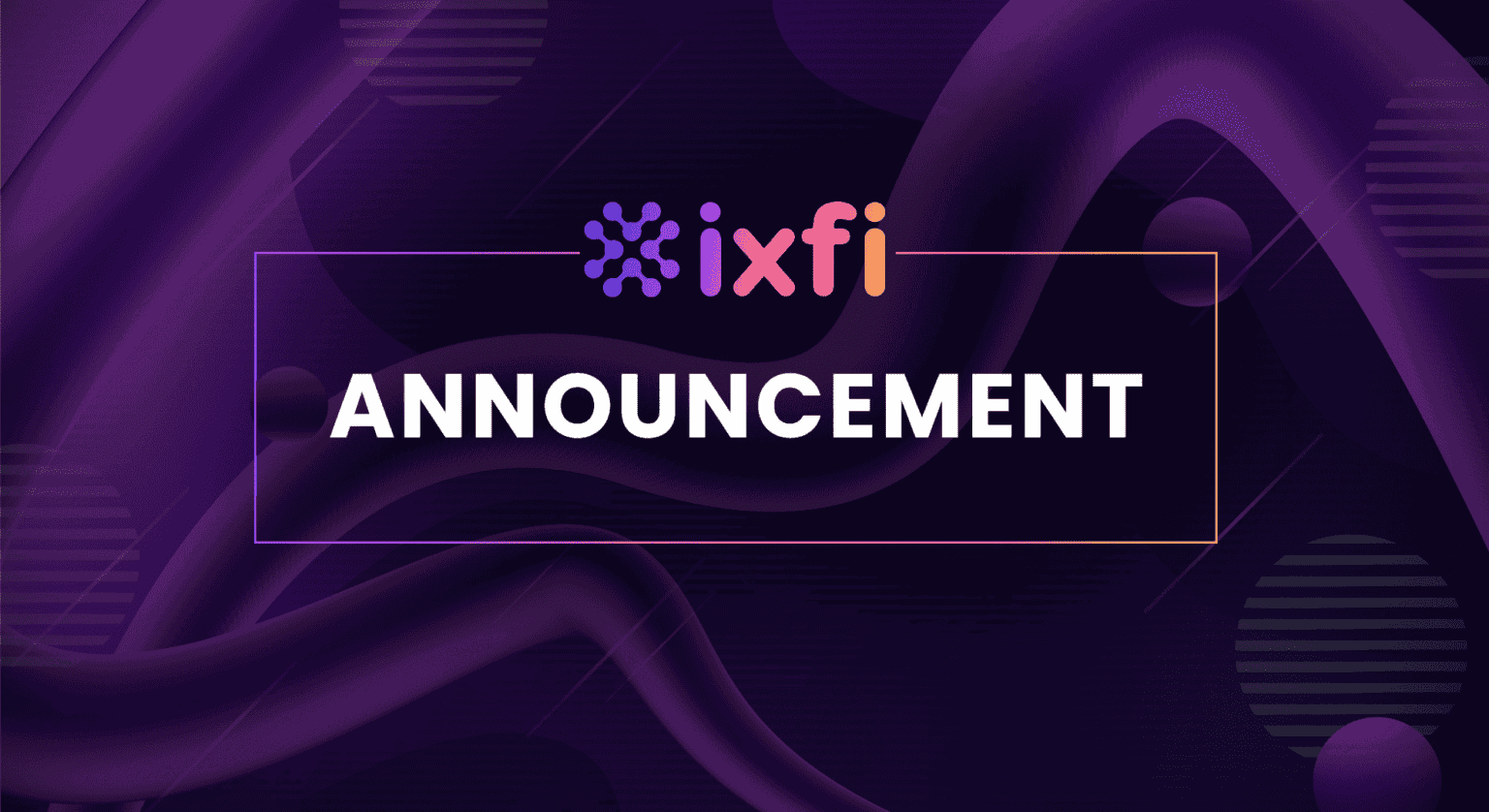How to benefit by investing in blockchain technology
Today, the impact of blockchain is far-reaching, transforming industries such as finance, supply chain, healthcare, and more. Even so, the technology is still in its early stages, presenting a vast landscape of untapped opportunities. As adoption continues to accelerate and new use cases emerge, investing in blockchain holds the potential for significant long-term returns. The growth potential is immense as blockchain revolutionizes transactions, verification, and data security.
The decentralized nature, transparency, and immutability of blockchain create a foundation of trust and security that traditional systems often lack. Moreover, as the technology matures and expands its reach, the potential for value creation and transformative solutions becomes even more pronounced.
Companies and investors are embracing blockchain early on for an opportunity to future-proof their investment strategy and stay ahead of the curve. By investing in blockchain, retail and institutional investors can position themselves at the forefront of technological advancements that drive innovation and disrupt traditional systems.
Let’s explore blockchain’s core principles, benefits, and transformative aspects! In this blog, you will learn about real-world use cases across industries and how blockchain is reshaping the business landscape. Moreover, read about why notable companies and banks actively invest in blockchain, positioning themselves for growth in the coming years.
What is blockchain technology?
Blockchain technology is a decentralized and transparent distributed ledger (network) system that ensures secure and immutable record-keeping. It achieves this by utilizing cryptographic algorithms to verify and encrypt transactions, creating an unalterable chain of blocks that is accessible to all participants in the network. Here are the core principles, benefits, and transformative aspects of blockchain:
Core principles of blockchain
Distributed ledger and cryptographic technologies promise to solve some of society’s biggest challenges:
Decentralization: Blockchain operates on a network of computers (nodes) that collectively validate and store transactions. This decentralized nature eliminates the need for a central authority, promoting transparency and trust.
Security: Blockchain ensures the security and integrity of data through cryptographic algorithms. Each transaction is encrypted, and once added to the blockchain, it becomes tamper-resistant and practically immutable.
Transparency: The transparent nature of blockchain allows participants to view and verify transactions. This transparency enhances trust, reduces fraud, and enables efficient auditing.
Benefits of blockchain
Blockchain technology offers a multitude of benefits that can optimize businesses across many levels:
Trust and Security: Blockchain eliminates the need for intermediaries, providing high confidence and security in transactions.
Efficiency and Cost Savings: Blockchain enables faster and cheaper transactions by facilitating direct peer-to-peer transactions without intermediaries.
Traceability and Accountability: Blockchain enables tracking and verification of transactions, ensuring transparency and accountability in supply chains and various other industries.
Smart Contracts: Blockchain allows the implementation of self-executing smart contracts, automating business processes, eliminating the need for manual intervention, and reducing the potential for errors or disputes.
Transforming industries
Blockchain technology is already transforming various industries, including:
Finance: Blockchain enables faster and more secure cross-border transactions, simplifies remittances, and enhances transparency in financial systems.
Supply Chain: Blockchain improves traceability, reduces counterfeiting, and ensures transparency in supply chains, benefiting industries such as food, pharmaceuticals, and other goods.
Healthcare: Distributed ledgers can secure patient data, facilitating interoperability and enhancing data privacy and security in healthcare systems.
Identity Verification: By providing a secure and decentralized solution for identity verification, blockchain can reduce identity theft and fraud.
Companies investing in blockchain & crypto
In recent years, disruptive tech companies have quickly recognized the vast potential of blockchain and cryptocurrencies, leading them to actively invest in this transformative space. These forward-thinking actions not only demonstrate their belief in the power of blockchain technology but also reflect the growing acceptance and adoption of blockchain within the corporate world.
Tesla: In 2021, Tesla announced a $1.5 billion investment in Bitcoin and temporarily accepted Bitcoin as a form of payment for its electric vehicles, signaling growing acceptance and adoption of cryptocurrencies. Around the same time, Tesla’s CEO Elon Musk stated, “Bitcoin’s structure is very ingenious. The paper money disappears, and crypto-currencies are a much better way to transfer value than a piece of paper, that’s for sure”.
You can now buy a Tesla with Bitcoin
— Elon Musk (@elonmusk) March 24, 2021
MicroStrategy: The business intelligence firm has been actively investing in Bitcoin as a treasury reserve asset, accumulating billions of dollars worth of Bitcoin on its balance sheet. Moreover, Michael Saylor, (CEO, Founder) has also been a vocal advocate for Bitcoin’s Lightning Network, a layer 2 solution that aims to enhance the scalability and speed of Bitcoin transactions. Through his support and promotion of the Lightning Network, Saylor continues to demonstrate his commitment to advancing the infrastructure and usability of Bitcoin as a transformative digital currency.
Three years ago today @MicroStrategy announced that it had adopted #Bitcoin as its Primary Treasury Reserve Asset, purchasing 21,454 BTC for $250 million, or ~$11,653 per bitcoin. pic.twitter.com/EY5eYVs75p
— Michael Saylor⚡️ (@saylor) August 11, 2023
Block: Formerly known as Square, Block enables users to buy, sell, and hold Bitcoin through its Cash App. The company led by former Twitter CEO – Jack Dorsey, has shown consistent support for cryptocurrencies, recognizing their potential for financial inclusion and innovation. By providing a user-friendly interface and embracing the world of digital currencies, Block has played a significant role in expanding access to cryptocurrencies and empowering individuals to participate in the evolving landscape of decentralized finance.
Banks investing in blockchain & crypto
Traditional financial institutions are also acknowledging the potential of blockchain and cryptocurrencies. Several central banks have been actively investing in blockchain companies and adding crypto services to their product offerings:
JPMorgan Chase: One of the oldest banks in the world has developed its blockchain platform called Quorum and has invested in several blockchain startups. The bank also launched its stablecoin, JPM Coin, aimed at instant payments between institutional clients.
Umar Farooq, CEO of Onyx by J.P. Morgan, sits down with @CNBC to discuss blockchain technology and how it's providing value to our clients and our business.
— J.P. Morgan (@jpmorgan) July 26, 2023
HSBC: The Asian / UK banking giant has explored blockchain technology for streamlining trade finance processes and has tested the use of blockchain for digitizing paper-based records.
Citigroup: USA-headquartered Citigroup has been researching and experimenting with blockchain technology for various applications, including cross-border payments and trade finance. Moreover, the bank is also currently developing institutional digital asset custody capabilities.
By adopting and investing in blockchain technology, these companies and banks are positioning themselves at the forefront of innovation, embracing the transformative potential of this new technology.
Investing in blockchain technology: What you need to know
Imagine the incredible foresight of visionary investors who recognized the immense potential of companies like Google, Amazon, Apple, and Tesla fifteen years ago. These forward-thinking individuals could sense the disruptive power and innovative drive behind these tech giants and made the bold decision to invest. Today, their visionary moves have paid off handsomely, as these companies have become titans of the global market, revolutionizing industries and generating substantial wealth for early investors. This example underscores the importance of identifying and seizing investment opportunities with long-term vision and conviction.
Today, the next big technological breakthrough is heralded by blockchain and crypto. The global corporate sector is discovering how distributed ledgers can accelerate growth and optimize businesses and companies across many levels. Many experts predict blockchain technology will be the main catalyst for evolution in the coming two decades. By investing in one blockchain network’s native asset, you practically buy a share of that company. As the project matures and becomes successful, their native asset also gains in price.
Fortunately, investing in blockchain is conveniently within your reach on IXFI. Our exchange offers a gateway to the most promising crypto and blockchain projects that are already reshaping finance and various other industries. Explore the potential of renowned networks like Ethereum (ETH), Polygon (MATIC), Avalanche (AVAX), and others. Discover more emerging blockchain and crypto projects and include them in your portfolio by choosing the best rates from a large selection of on-ramp partners.
Simply diversify your holdings with crypto assets that hold real utility and use cases and are favored by investors worldwide. Start investing in blockchain today and position yourself for growth in the 4th industrial revolution. With IXFI, beginners and pro investors are empowered to be at the forefront of investment.
Stay close to the IXFI community on our Telegram group to chat and meet forward-thinking traders and investors like you. If you have any questions, please contact us directly or browse our Help Center.


